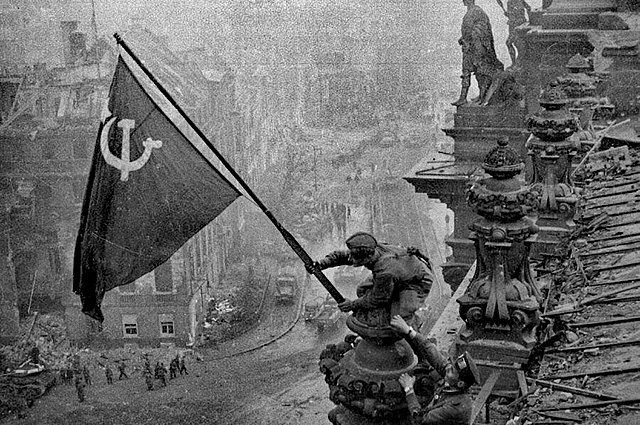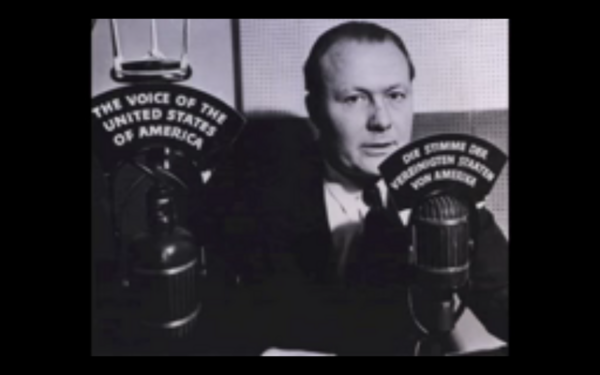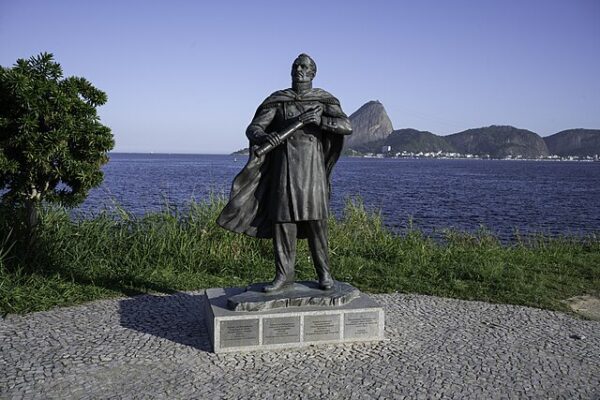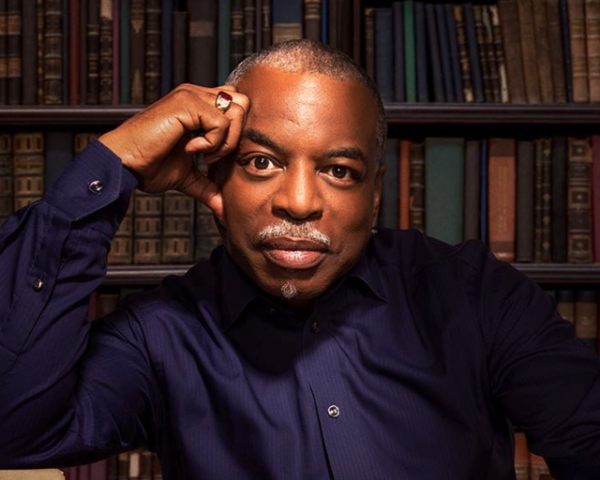May 2, 1945, saw the conclusion of one of the most important battles in history. That was the day the Red Army announced that it had captured Berlin, effectively ending the Third Reich a few days after Adolph Hitler killed himself while hiding in his bunk in the German capital.
The battle was truly a devastating and bloody affair.
Britannica writes, “In a race to win the glory of capturing the city of Berlin, Soviet marshals Ivan Konev and Georgiy Zhukov were willing to accept enormous casualties and inflict colossal damage. Within five days, the two forces had linked up and encircled Berlin. Soviet artillery fired nearly two million shells during the final assault. All Berliners could do was cower in their cellars and hope that rumors of relief, or even that the Americans had joined forces with Germany to expel the Red Army, might be true.
Within the city, there were few fixed defenses. The urban terrain offered some advantage to its defenders, especially because, in their hurry to advance, Red Army tanks went in without adequate infantry support. The Hitler Youth could, and often did, destroy Soviet tanks by ambushing them with Panzerfaust antitank rockets. Indeed, many defenders fought with suicidal courage; three of them, armed only with a machine gun, held off Soviet attacks on the Helensee bridge for two days. However, the Soviets’ firepower was overwhelming—a single shot from a sniper could be answered by artillery fire, or by Katyusha rockets, leveling the entire building from whence it came. The suspicion that a cellar might contain defenders would result in Soviet grenades being tossed in, with no regard for civilian lives. For German women, the greatest fear was rape, and Soviet soldiers committed this on a vast scale.
In his bunker, in the center of the city, Adolf Hitler remained convinced that Berlin could be saved. He gave hopeless orders for armies that scarcely existed to break the siege. Joseph Stalin, too, was not without his own delusions; he was obsessed with taking the Reichstag building, although it had not been used since 1933 and had no strategic value. This obsession cost heavily in the number of Soviet soldiers lost.
Many Berliners, desperate for the nightmare to end, began hanging white or red flags from their windows, offering surrender or even welcome to the Red Army. However, this practice entailed risking execution by SS firing squads, and there is little evidence that Soviet troops paid any attention. As the Red Army closed in around the final enclaves of resistance, Hitler’s suicide on April 30 gave the garrison commander, General Helmuth Weidling, the chance to surrender. SS troops were doomed if captured, but some still tried to fight on; others committed suicide. Most were thankful that the ordeal was over. They emerged to take stock of the massive devastation the city of Berlin had endured and to come to terms with its new masters. The general surrender of German forces was completed five days later. In the end, the Red Army suffered 100,000 casualties, with the number of German deaths unknown.”
The Western Allies made no plans to seize the city with troops, despite fears of what might happen if they didn’t being expressed by Winston Churchill.
The History Channel notes, “A year before, in early 1944, U.S. General Dwight D. Eisenhower, supreme commander of the Allied Expeditionary Force, had been all in on the idea of capturing the German capital: “Berlin is the main prize,” he wrote to his British counterpart, Field Marshal Bernard Montgomery. “There is no doubt whatsoever, in my mind, that we should concentrate all our energies and resources on a rapid thrust to Berlin.” But by the end of 1944, rapid Soviet advancement began to throw this objective into question. By early 1945, the Red Army was barely 40 miles out of Berlin. British-American forces, set back by the Battle of the Bulge in Ardennes, had yet to cross the Rhine.
In late March, even as British and American forces got closer, Eisenhower telegrammed Soviet Premiere Joseph Stalin to say Berlin was no longer the objective, and that the Americans would stand pat at the Elbe River. Stalin seemed to agree—but ordered a massive Soviet offensive to capture the city by April 16, just three days later.”
Years later, speaking to the British journalist Alistair Clarke in the late 1960s, Eisenhower justified his decision—one many historians considered the most controversial of his career. With Germany already divided into two occupation zones, ‘there was no possibility of the Western Allies capturing Berlin and staying there,’ he said. The U.S. army would have had to retreat 125 miles back into its own zone as quickly as the fighting was over. ‘When my final plans were issued, we were about 200 miles to the westward of Berlin. The Russians, ready to attack, were 30 miles off Berlin, eastward, but with a bridgehead already west of the Oder River,’ he said. ‘It didn’t seem like good sense to try, both of us, to throw in forces toward Berlin and get mixed up—two armies that couldn’t talk the same language, couldn’t even communicate with each other. It would have been a terrible mess.’”
May 2, 1945: the Soviets erected a victory banner in the Nazi capital and the world changed forever.






